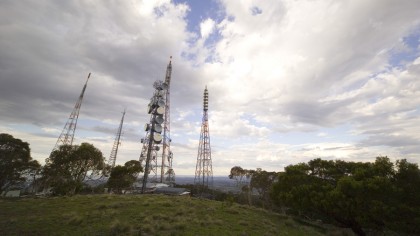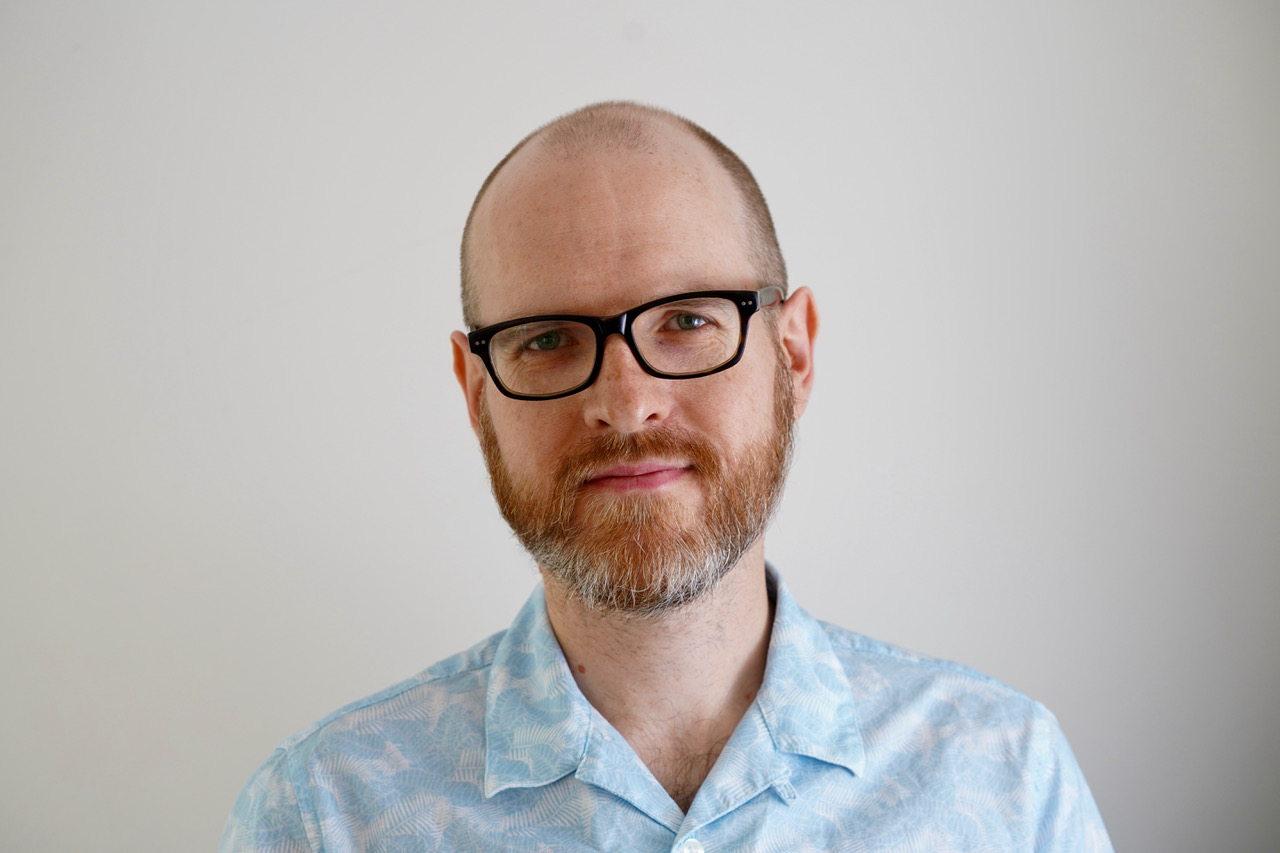Sign up for breaking news, reviews, opinion, top tech deals, and more.
You are now subscribed
Your newsletter sign-up was successful
"So far, any instances of disruption caused by 4G at 800 MHz have been completely fixed with a filter," claims Beresford-Wylie.
Extreme measures
For an even smaller minority, however, this measure may not prove sufficient. Such ones can make use of the at800 Accredited Installer Scheme, which was announced on July 17, by calling the number listed at the bottom of this article.
This scheme involves at800 working along with the wider aerial installation industry to appoint approved technicians to visit affected houses and formulate a plan to overcome any lingering difficulties.
We asked Beresford-Wylie what exactly these accredited installers would be able to do in the worst-hit locations. It seems that they will mostly be used to install the aforementioned filters in locations that prove hazardous or inaccessible for customers, "such as on a roof in front of an amplifier, or in a lift before the aerial cable reaches a splitter."
"Installers can also assess the state of existing aerial and cable set-ups to help provide the best TV signal and overcome disruption from 4G," he said. "Further steps include the possibility of a change of platform," he adds, which could involve establishing a cable-based TV service alternative.
"However we have not seen any cases yet where this has been necessary," notes Beresford-Wylie.

Signals from the future
It appears as if at800 has the 800MHz situation covered for now, then, but you may be worried as to how long this support will last. After all, each UK network's 4G offering is going to expand drastically over the coming months and years. O2 has committed to attaining 98 percent UK 4G coverage by 2017, so the UK 4G revolution won't be achieved overnight.
Sign up for breaking news, reviews, opinion, top tech deals, and more.
"At800 will exist until 12 months after the condition of 98 percent population coverage has been achieved," Beresford-Wylie assures us. "The licence condition should be met by the end of 2017, so in that scenario at800 would exist until the end of 2018."
However, the question remains: could the need for at800 have been avoided? Was anyone at fault?
Beresford-Wylie believes it's simply an inevitable result of constantly progressing network technologies and the limited signal spectrum they have to operate in.
"As spectrum use changes - and bands are re-allocated for different uses - there will always be some need for changes or adaptation to equipment," he says, "but that has to be viewed in the context of making the best use of the spectrum we have available."
----
If you think that your Freeview TV experience has been affected by 4G, contact 0808 13 13 800 free from a landline or 0333 31 31 800 on your mobile phone.

Jon is a freelance journalist who has been covering tech since the dawn of the smartphone era. Besides TechRadar, his words and pictures have appeared in The Telegraph, ShortList, Tech Advisor, Trusted Reviews, Expert Reviews, and more. He largely covers consumer technology, with a particular focus on smartphones and tablets. However, he's also been known to dabble in the worlds of entertainment and video games.